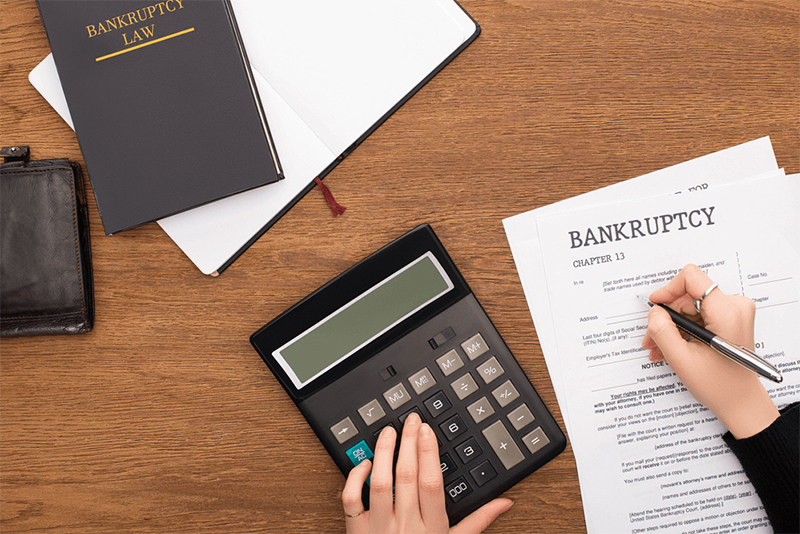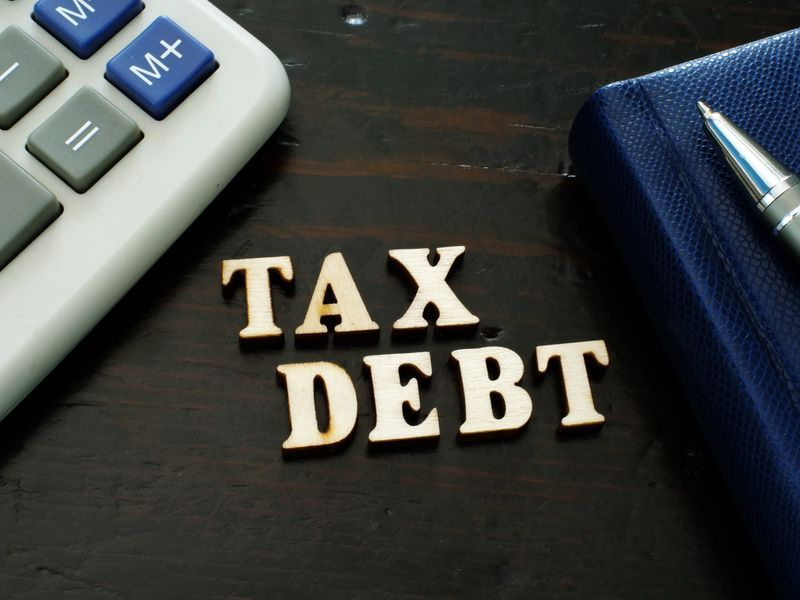Bankruptcy and the IRS
Bankruptcy is a legal process that provides individuals and businesses with the opportunity to eliminate or repay their debts under the protection of the federal bankruptcy court. Individuals and businesses can file for bankruptcy if they are unable to meet their financial obligations and need a fresh start. However, filing for bankruptcy can have tax implications, especially when it comes to dealing with the Internal Revenue Service (IRS).
While some tax debts may be dischargeable in bankruptcy, others may not be. Generally, IRS debts may be discharged if they meet specific criteria. Taxes that are not dischargeable in bankruptcy include taxes for which a return was not filed, taxes that were filed fraudulently, and taxes that were assessed after the bankruptcy filing.
Filing for bankruptcy does not relieve an individual or business from their tax obligations. Even if some tax debts are discharged in bankruptcy, the individual or business must still comply with the tax laws and continue to pay any non-dischargeable tax debts. Failure to do so can result in the IRS challenging the discharge of tax debts or taking further collection actions.
Individuals or businesses filing for bankruptcy must also comply with the IRS requirements for reporting their bankruptcy proceedings. This includes providing the IRS with copies of bankruptcy documents and complying with any requests for information related to the bankruptcy case.
When Can IRS Debt be Discharged?
One of the most common ways to discharge IRS debt is through bankruptcy. When an individual files for bankruptcy, their debts, including IRS debt, may be discharged if they meet certain criteria.
In a Chapter 7 bankruptcy, the individual’s non-exempt assets are sold to repay their creditors, including the IRS. Any remaining IRS debt is then discharged, allowing the individual to start anew.
In a Chapter 13 bankruptcy, the individual creates a repayment plan to repay their debts, including IRS debt, over a period of three to five years.
Another way to potentially discharge IRS debt is through the “insolvency” rule. If an individual is able to prove that they are insolvent, meaning their total debts exceed the value of their assets, they may be able to have their IRS debt discharged. This can be a complex process, requiring careful documentation and proof of insolvency.
The IRS may also agree to discharge a portion of the debt through an Offer in Compromise. This requires the individual to make an offer to the IRS to settle their debt for less than the full amount owed. If the IRS accepts the offer, the remaining debt is discharged.

What Kind of Bankruptcy Should Be Filed for IRS Debt?
Chapter 7 allows for the liquidation of assets to pay off debts, and any remaining qualifying tax debts can be discharged at the conclusion of the bankruptcy process. This can provide much-needed relief for those burdened by IRS debt, allowing them to start fresh and move forward with their financial lives. [1]
When considering filing for bankruptcy to address IRS debt, consult with a knowledgeable bankruptcy attorney. They can assess an individual’s financial situation and help determine the best course of action.
Bankruptcy and the Automatic Stay with IRS Debt
The automatic stay goes into effect as soon as the bankruptcy case is filed and serves as a powerful tool to halt collection efforts by creditors, including the IRS. This means that the IRS cannot continue any collection actions, such as wage garnishments, bank levies, or property liens, while the bankruptcy case is ongoing.
For individuals struggling with IRS debt, the automatic stay can provide invaluable breathing room to assess their financial situation and work with the bankruptcy court to develop a plan for addressing their debts. It also allows time to negotiate with the IRS to potentially reduce the amount owed or establish a more manageable repayment plan.
While the automatic stay can provide temporary relief from IRS collection efforts, it may not eliminate the underlying tax debt. Certain tax debts may not be dischargeable in bankruptcy, meaning that individuals may still be responsible for paying them after the bankruptcy case is completed.

What Happens to My Tax Refund if I File Bankruptcy for IRS Debt?
If you file for Chapter 7 bankruptcy, any tax returns that you are entitled to receive may be considered part of your bankruptcy estate. This means that the bankruptcy trustee may use the refund to pay off some of your debts. In some cases, you may be able to exempt all or a portion of your tax refund, depending on the laws in your state and the specifics of your financial situation.
If you file for Chapter 13 bankruptcy, any tax refund you are entitled to receive may also be considered part of your bankruptcy estate.
Bankruptcy Discharge Won’t Remove Liens from IRS Debt
When a person owes money to the IRS, the agency has the authority to place a lien on the individual’s property as a way to secure the debt. This means that if the individual fails to pay what is owed, the IRS can claim the property to satisfy the debt. Even if the individual files for bankruptcy and receives a discharge, the IRS’s lien will remain in place.
The presence of an IRS lien can make it difficult to sell or refinance property, as the lien must be satisfied before the property can change hands.
Individuals may want to explore other avenues for addressing their IRS debt, such as setting up a payment plan or applying for an offer in compromise. Working with a tax professional or financial advisor can help individuals navigate the complexities of IRS debt and develop a plan to address it.

Are you feeling overwhelmed by your IRS debt and unsure of what to do next?
Contact the bankruptcy lawyers at Frego Law to schedule a consultation and discover if bankruptcy is the answer to your IRS debt.
Source:
[1] Declaring Bankruptcy | Internal Revenue Service. (n.d.). https://www.irs.gov/businesses/small-businesses-self-employed/declaring-bankruptcy




